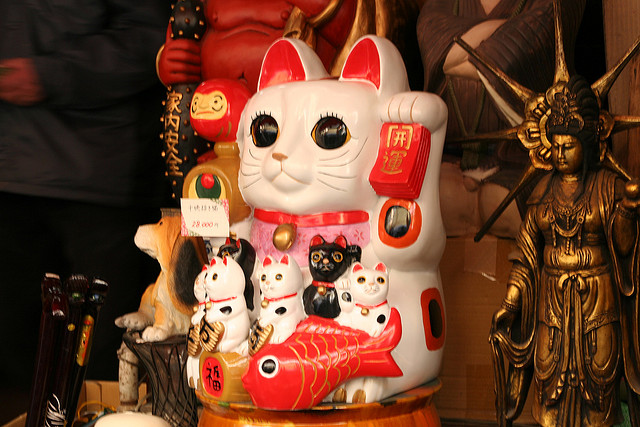The Chinese economy is in a transition phase as it works through the competing needs of growth, reform and deleveraging. Many of the country’s engines of growth are not firing as strongly; the export sector has been losing competitiveness for a number of years under the influence of rising wages and a strong currency. Meanwhile, investment expenditure is being held back by growing local government debt burdens and Communist Party officials scared to act because of the anti-corruption crackdown.
As a consequence, economic growth is being dragged southward. Concerned that growth is too weak, the government has announced that it will increase fiscal expenditure to boost activity levels.
Economy and policy driven by competing needs
But none of this is new to us − what is new are signs of change in the reform agenda. In 2013, the relatively new President Xi embraced market forces with welcomed initiatives such as the Hong Kong-Shanghai Stock Connect, which facilitates cross-border share trading, and promoting development of a bond market to reduce the reliance on banks for financing.
However, weakness over recent months in the stock and foreign exchange markets have been met by government intervention, aimed at supporting markets with measures including compelling brokers to buy stocks and prohibiting major shareholders from reducing their holdings. There has also been indirect intervention, for example imposing additional reserve requirements for banks when hedging renminbi for clients, with the aim of reducing speculation in the currency−essentially a mild form of capital control.
Policy pro-reform, action anti-reform
In theory, the reform agenda continues, but in practice the government’s actions are reflecting the Communist Party’s unwillingness to give up control, by exercising considerable financial muscle to influence the market forces it should be embracing. This is an important change and warrants close monitoring as it impacts the attractiveness of China to foreign investors.
Currency weakness is a new phenomenon
The liberalisation of the foreign exchange mechanism in China, with the aim getting the renminbi accepted into the International Monetary Fund’s Special Drawing Rights (reserve currencies basket) is subjecting the currency to market forces. Early indications are that the government will utilise its vast foreign currency reserves to support the renminbi. However, as a consequence, this will cause a contraction in domestic money supply, which may undermine efforts to boost the economy with fiscal stimulus. It may also provide a window that encourages rich Chinese to take money out of China. These reasons strengthen the argument for a weaker renminbi.
Foreign investors have been used to a relatively strong Chinese currency. The renminbi was pegged to the US dollar from 1994 to 2005 and has appreciated in recent years − so currency weakness is a new headwind for overseas investors.
Summary
These developments mean it will be imperative to monitor government actions as much as policy rhetoric, while investors will be dealing with a new dynamic of a weaker Chinese currency. In the meantime, as China’s economy muddles along we believe the best approach is to continue investing in the strongest, best managed, cash generative businesses that stand to benefit as China’s economy transforms. One positive from this point of view is that owing to the macroeconomic pessimism, many of these companies are currently trading on attractive valuations and we will continue to seek to take advantage of this on behalf of investors.
Charlie Awdry is China portfolio manager at Henderson.





 By Fórmate a Fondo
By Fórmate a Fondo